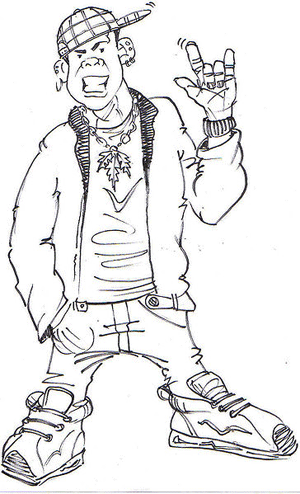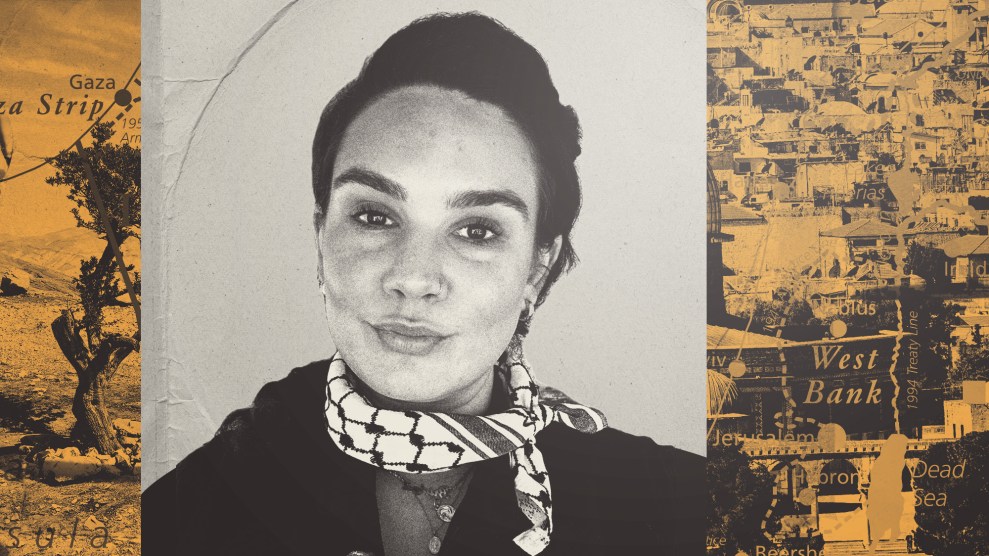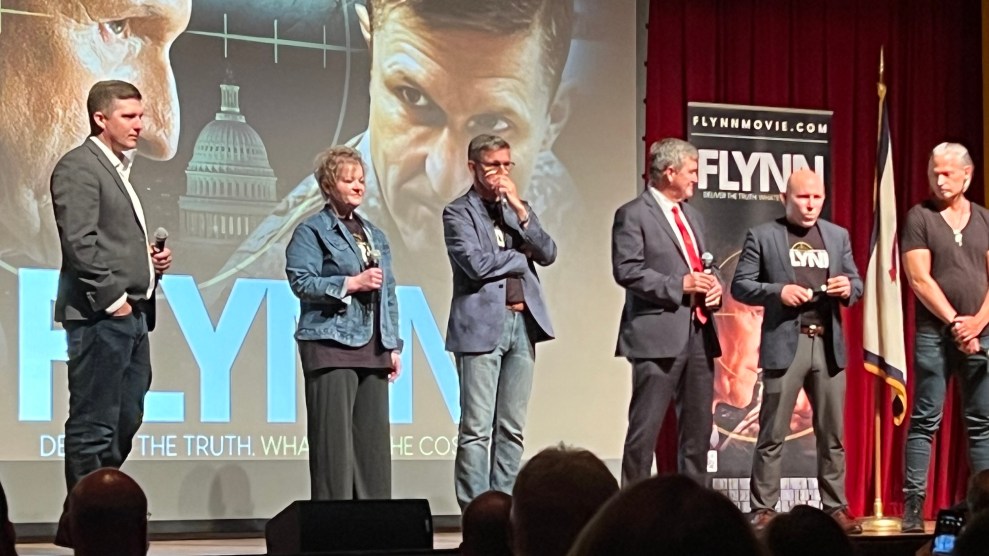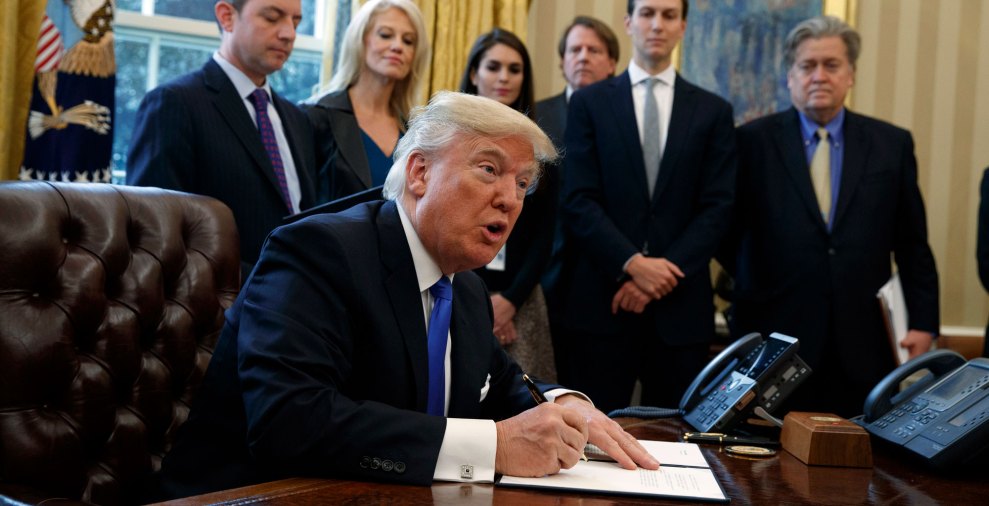
Photo: Wikimedia Commons
“I forgot I was white,” explains free-style rapper Automattic during a hip-hop Battle on the Indiana University campus. He says this after his lame competitor rhymes that the white and pretty clean-cut Automattic can’t be an emcee because he’s white and so he should “stop acting like he’s black”—as though busting out some free-associative poetry is all it takes to be a black person, or that good rhythm is exclusively a black thing.
This is just one of the scenes in the new educational doc Blacking Up: Hip Hop’s Remix of Race and Identity, which tries to figure out what attracts white rappers to hip-hop: admiration or something uglier? The answer, it turns out, depends on the person.
In the nearly hourlong film, director Robert Clift has hip-hop heavyweights like Public Enemy’s Chuck D, Aesop Rock, Sage Francis, M1 from Dead Prez, Power from Wu-Tang Clan—along with some of Indiana’s white hip-hop performers—weigh in on the motives behind the white appropriation of black culture, labels like “wiggers,” and charges of minstrelsy. Clift, who is white and a big hip-hop fan, is on a quest to discover whether white rappers “are transcending race” or just mimicking “a degrading idea of what it means to be black” in the same vein as the minstrel scenes of Al Jolson’s day.
The film traces a long lineage of white (male) musicians who cashed in on black musical traditions, men like Stephen Foster, who wrote Oh Susannah! and wanted to become “the greatest Ethiopian songwriter of all time.” (He was white and had never been to Ethiopia.) And Irving God Bless America Berlin who began his career writing “coon songs.” Cultural critic Amiri Baraka points out that black bluesmen never gained the fame of white performers who appropriated their styles. But he also notes that it’s inevitable for different racial groups living together to steal each other’s expressions—especially since the struggles mentioned in many hip-hop albums are universally shared by the working class. Hip-hop lyrics also portray a side of society lost to the common suburbanite, according to Russell Simmons. “It’s an education from people they wouldn’t have heard from. And now they do.”
“Blacking Up” gradually explains the difference between white rappers who honestly embrace the hip-hop genre versus those who hawk and mock it for monetary gain. Vanilla Ice, for instance, lied about growing up in Miami’s inner city and confesses in the film that he got offered millions to wear “certain” clothes, dance “certain” ways, and to be a “novelty act,” which he did. Indiana rapper Blazek, who is shown flowing in his bedroom closet to sharpen his craft, is a far cry from Mr.”Ice Ice Baby.” He’s also in a different league from the Upright Citizen’s Brigade act “Cracked Owt,” in which two white guys pretend to be crack addicts and don fake bling and baggy pants just so they can act out their “ridiculous fantasy” of being rappers. That’s the MO of a hip-hop minstrel show. “The bling and the clothes and the attitude—it’s still a very narrow notion of what being black in America could possibly mean,” Maurice Berger, a professor at Manhattan’s The New School, says in the film. It also totally misrepresents a musical genre, which groups like Too White Crew could care less about since they believe that hip hop is “inherently a joke” anyway. Witness their offensive spectacle below:
So, ultimately, it’s the intent behind a white rapper’s performance that determines whether it’s legit or mimicry, a point the film makes insightfully. “No, I didn’t want to be black,” says one hip-hop fan of her high school fixation with the culture. “I wanted to be cool.”
Click here for more Music Monday features from Mother Jones.













